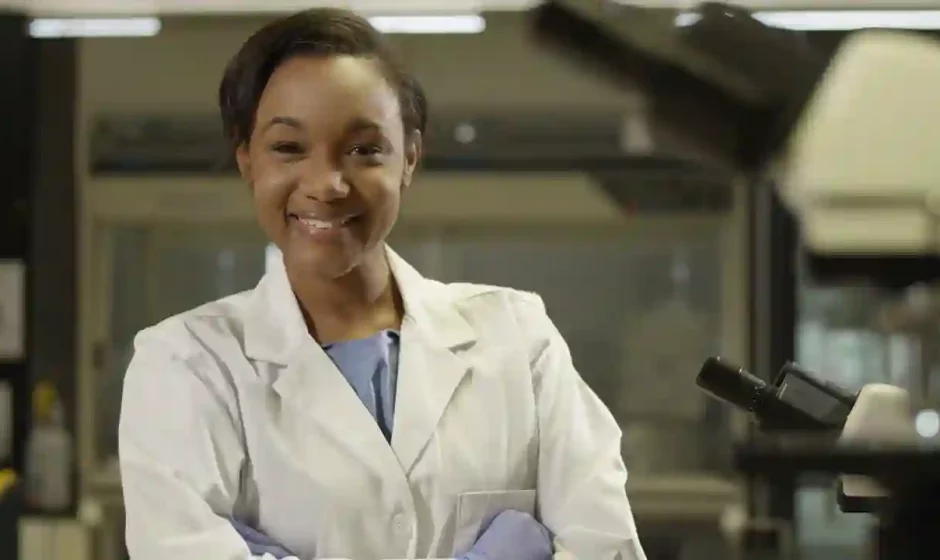Optical laboratory technicians, sometimes known as optical mechanics, create eyeglass lenses in line with ophthalmologists’ and optometrists’ prescriptions. They have received training on how to operate the specialized grinding equipment that is used to cut, grind, and polish lenses in accordance with the guidelines provided by the eye doctors.
The lenses used in complex optical devices like telescopes, microscopes, refractors, and projectors are also created using these optical mechanics.
- Facebook: Share this article
- Tweet about this post
- Linkedin: Share this post
- On Reddit, share this article.
- Pinterest: Share this article
Clinical laboratory scientists or medical technologists are other terms for clinical laboratory technicians. Additionally referred to as medical technicians. In order to inspect and evaluate bodily fluids and cells, they are there. They evaluate the chemical composition of fluids, match blood for transfusion, and test for drug levels in the blood to see how a patient is reacting to treatment. They also screen for bacteria, viruses, and other microbes. They employ advanced laboratory apparatus such as microscope cells. Additionally, they employ computerized and automated equipment that can run multiple tests at once. They examine a sample, assess the findings, and then send the information to doctors.
Skills
Biology, chemistry, and medical understanding are usually required of clinical lab workers. They must be adept at documenting as well. Color blindness is not a positive aspect for them in their work, thus they must have strong vision. They must feel at ease using technology, and they must have computer literacy.
Education
A certificate from a hospital or technical school, an associates degree from a junior or community college, or both are typical qualifications for medical technicians.
The primary duties of an optical laboratory technician will involve choosing and marking the proper lens blanks with the use of lens measuring equipment in order to accurately cut the pieces. The technician will attach the lens onto the frames, whether they be metallic, plastic, or rimless, after the lens has been cut and polished.
Before the lens is given to the patient or doctor, a last check is performed to ensure that it complies with the eye doctor’s prescription. This allows for early error detection and correction.
When a pair of glasses needs to be fixed, such as when one lens is broken or missing, optical lab technicians are very helpful. If the original prescription is still available in such cases, the medical laboratory technician program in San Jose may use it or examine the surviving lens to determine the proper calibration for the replacement lens.
If the technician is to successfully identify and calibrate the proper lens in accordance with the prescription, they must pay particular attention to detail. The consequences of producing an erroneous set of lenses can include headaches, eye strain, and in the worst instance, the patient’s vision degrading.
Errors are also very difficult to tolerate when creating lenses for extremely sensitive equipment like telescopes and microscopes. The lens installed on the equipment must be fitted with the highest level of precision due to the high performance standards required of these types of equipment and the implications this would have in the medical and scientific research or laboratory work that they are utilized for.
You need to be very capable in math and physics to be considered for a position as an optical laboratory technician. You will require a solid foundation in important chemistry, biology, geometry, computer science, and algebra concepts to succeed as an optical laboratory technician.
You don’t necessary need a college degree for this career; instead, you should consider enrolling in a technical school or utilizing on-the-job training programs. Technical colleges frequently provide training programs that run between six months and a year. In order for troops interested in this subject to receive training, they must first serve in military laboratories for some time before they may pursue a career in the civilian world.
Optical laboratory technicians may work in dispensing opticians, retail establishments, ophthalmology or optometry offices, and optical labs. It is undoubtedly a profession worth considering. If you’re interested, I advise you to conduct more online investigation. Reprinting or republishing this article is permitted. The links must be clickable in order to be acceptable.
More information https://www.iftexas.com



